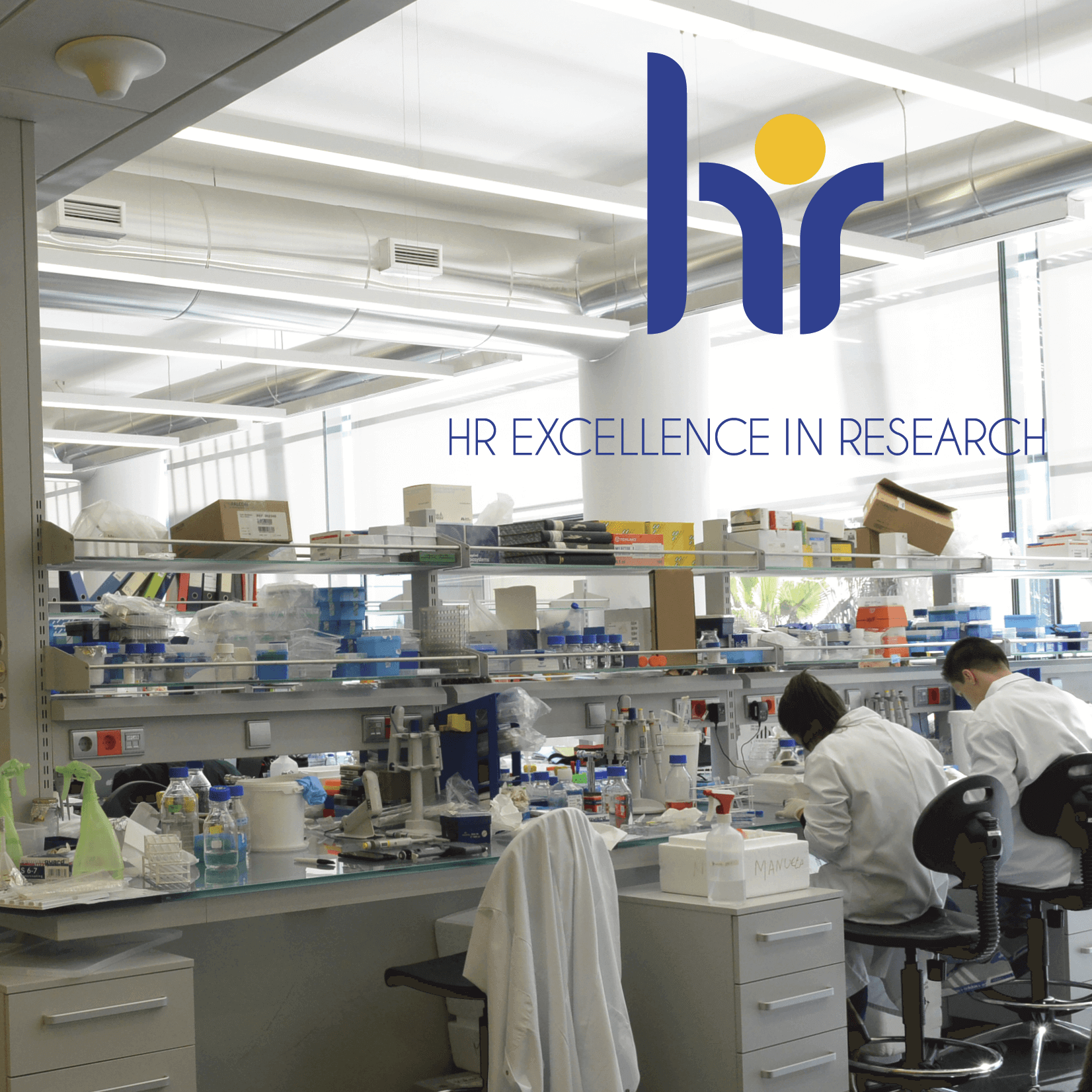02 May. 2023

Application Starts: 02 May. 2023
Application Ends: 25 May. 2023
Champalimaud Foundation (Fundação D. Anna de Sommer Champalimaud e Dr. Carlos Montez Champalimaud), a private, non-profit research institution in Lisbon, Portugal, is looking for a Research Technician or Master student to join our team at the Champalimaud Research Programme.
The selected candidate will
Perform behavioural and functional imaging experiments with zebrafish larvae and fruit flies in a project that aims to elucidate how these animals escape predation.
Expected position starting date
1st June 2023
Champalimaud Research Neuro Symposium 2023
#CRSy23 #BrainBodyWorld23 aims to foster the discussion of how internal states, such as hunger, thirst, and emotion, are generated and regulated by the brain, and how they interact with the body and the external world to drive behaviour.
27 April 2023
Zoom-In on Champalimaud - 3rd Edition - Issue 3
29th April is the birthday of Jean-Georges Noverre, creator of modern ballet, and to commemorate this, since 1982 it has also been International Dance Day. This day is dedicated to celebrating dance, revelling in the universality of this art form (across all political, cultural and ethnic barriers), and bringing people together within a common ‘language’.
20 April 2023
2023 European Researchers' Night
The second edition of the European Researchers’ Night (ERN), organised by the RAISE - Researchers in Action for Inclusion in Science and Education consortium will be held on the 29th of September 2023 and will, once again, take place at the Champalimaud Foundation (Lisbon).
The main goal of this public event, organised by consortium partners, Native Scientists, Champalimaud Foundation and Instituto de Medicina Molecular, is to promote, actively and effectively, diversity and inclusion in science and education.
13 April 2023
One brain, multiple and simultaneous alternative decision strategies
A study published today, April 13th, in the journal Nature Neuroscience provides a surprising answer to this question by showing that, rather than committing to a single strategy, the brain can compute multiple alternative decision strategies simultaneously.
The study, led by Fanny Cazettes and senior authors Zachary Mainen and Alfonso Renart, at the Champalimaud Foundation in Lisbon, Portugal, performed a specially-designed experiment which used a kind of “virtual reality” setup for mice, in which the animals were tasked with searching for water in a virtual world.
Science: between literal and metaphorical meanings
Modern scientific endeavours are often guided by the positivistic ideal of obtaining a neutral, detached point of observation from which truths about the world can be deduced and believed to hold independently of the socio-political context in which they were obtained.
10 Feb. 2023
Senior Technician position at the Behavior and Metabolism Laboratory (ST Ribeiro Feb2023)

Application Starts: 10 Feb. 2023
Application Ends: 24 Feb. 2023
Champalimaud Foundation (Fundação D. Anna de Sommer Champalimaud e Dr. Carlos Montez Champalimaud), a private, non-profit research institution in Lisbon, Portugal, is looking for a Senior Technician to join our team at the Champalimaud Research Program.
The selected candidate will
Develop and use behavioral tracking systems combined with computational approaches and Drosophila neurogenetics to analyze the impact of neuronal and cell specific molecular manipulations on foraging computations.
Research Field
Neurosciences
